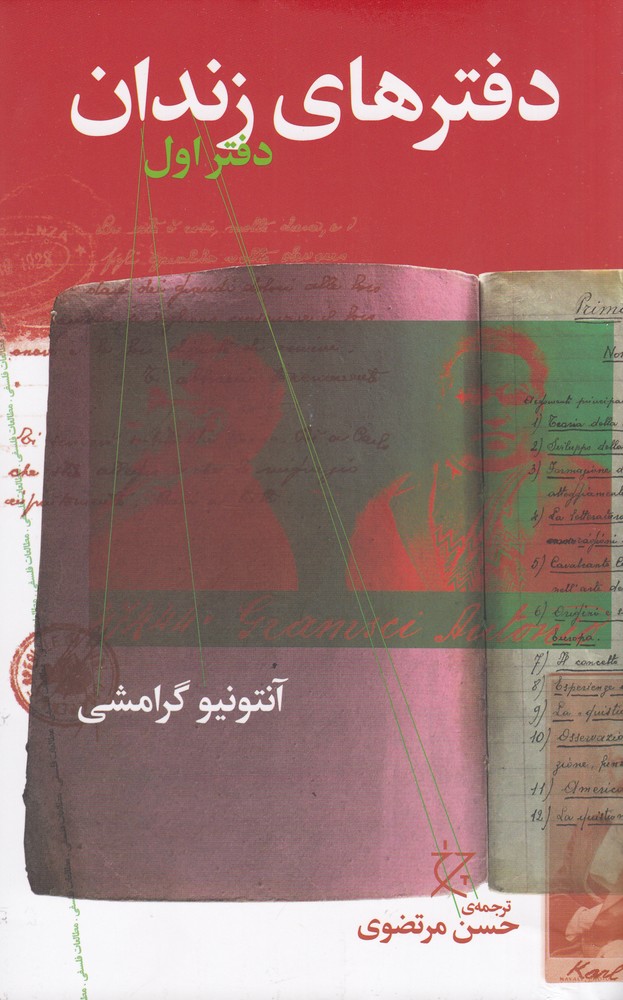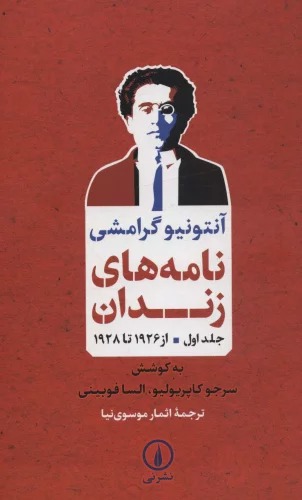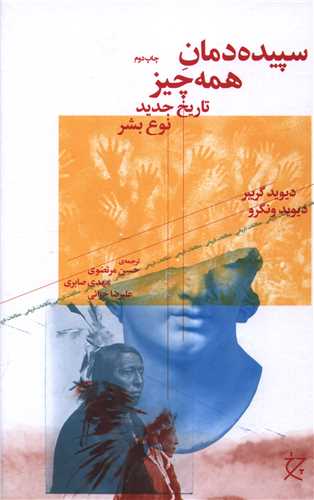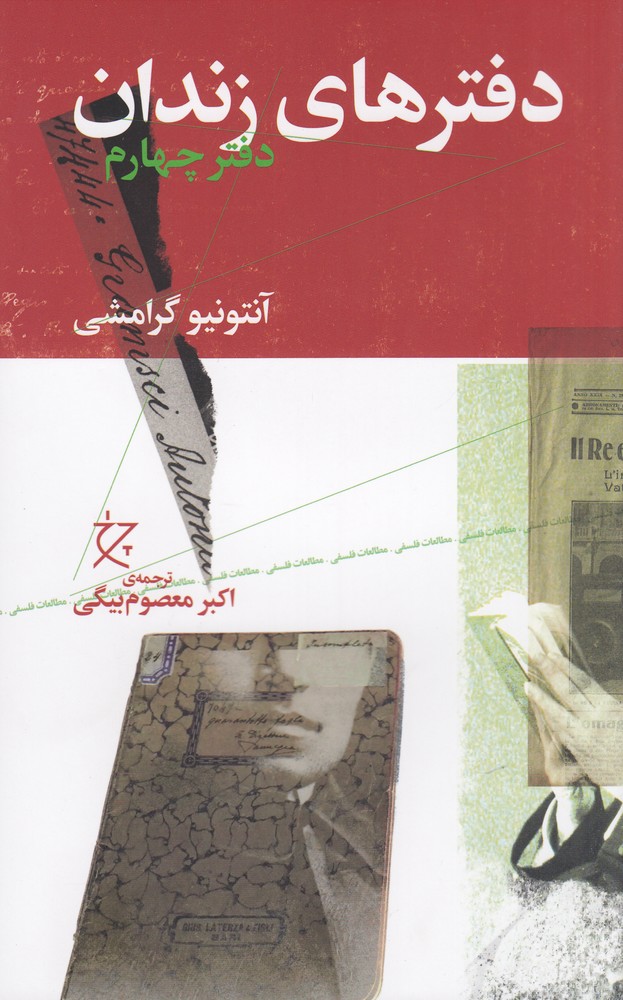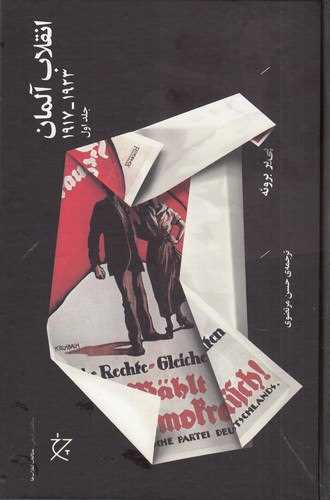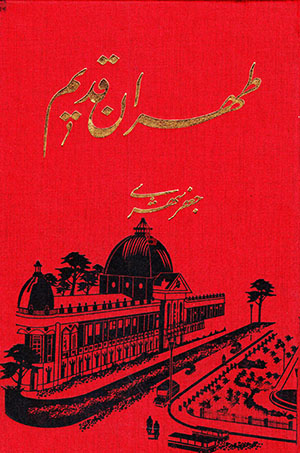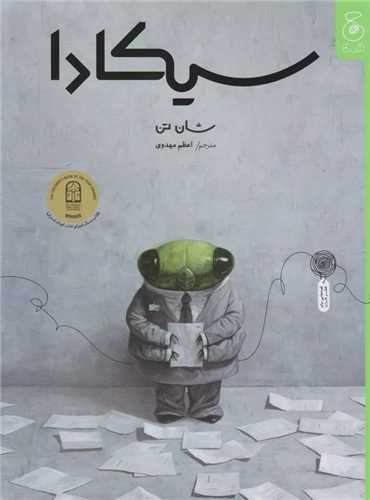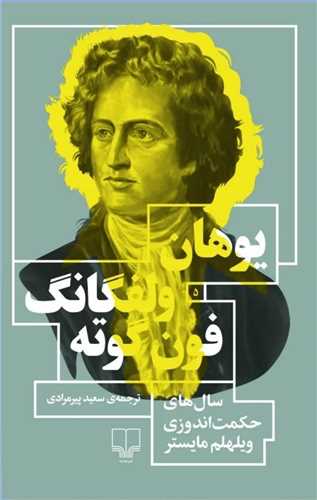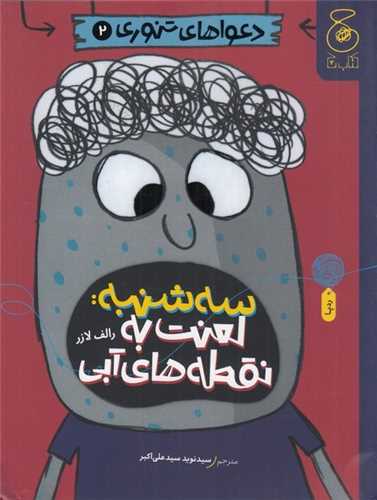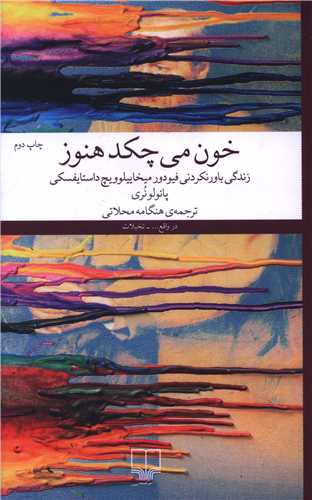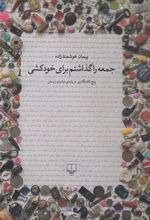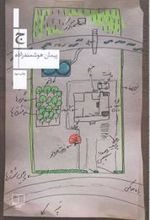دفترهای زندان (دفتر اول) فارسی 1402
Daftar'hā-yi Zindān (Daftar-i Avval)
18٫37 £
اشتراکگذاری
Wishlist
شابک:
9786007405604
مترجم:
Ḥasan Murta ̤zavī
ناشر:
Chishmih
گروه سنی:
بزرگسال
صفحات:
568
وزن:
414 g
ابعاد:
14 x 21 x 5٫2 cm
جلد کتاب:
شومیز
Antonio Gramsci (1891-1937) is widely celebrated as the most original political thinker in Western Marxism and an all-around outstanding intellectual figure. Arrested and imprisoned by the Italian Fascist regime in 1926, Gramsci died before fully regaining his freedom. Nevertheless, in his prison notebooks, he recorded thousands of brilliant reflections on an extraordinary range of subjects, establishing an enduring intellectual legacy.
Columbia University Press's multivolume Prison Notebooks is the only complete critical edition of Antonio Gramsci's seminal writings in English. The notebooks' integral text gives readers direct access not only to Gramsci's influential ideas but also to the intellectual workshop where those ideas were forged. Extensive notes guide readers through Gramsci's extraordinary series of reflections on an encyclopedic range of topics. Volume 3 contains notebooks 6, 7, and 8, in which Gramsci develops his concepts of hegemony, civil society, and the state; reflects extensively on the Renaissance, the Reformation, and Machiavelli's political philosophy; and offers a trenchant critique of the cultural and political practices of fascism. A detailed analysis of positivism and idealism brings Gramsci's philosophy of praxis and conception of historical materialism into sharp relief. Also included are the author's extensive observations on articles and books read during his imprisonment.
more
گرامشی، حدود همان زمان که برنامههای درازمدتش را اعلام کرد، به خواهر کوچکترش اطمینان داد: «من واقعبینانه و با آرامش همهچیز را نظاره میکنم و اگرچه نمیتوانم به هیچ توهم کودکانهای بیندیشم، قاطعانه اعتقاد دارم که نباید در زندان بپوسم.» همین لحن کاملاً مبارزهطلبانه در بسیاری نامههای دیگر ظاهر میشود، نظیر زمانی که به همسرش میگوید «اطمینان دارم که هرگز آدم بیفرهنگی نخواهم شد.» او به شعاری وفادار بود که از رومن رولان اقتباس و در سرصفحهی لوردینه نوو استفاده کرده بود؛ «بدبینی عقل، خوشبینی اراده.» گرامشی، با ارزیابی خونسردانه از وضعیتش، همهی امیدهای باطل به رهایی سریعش را رد کرده بود، اما به ضرب قدرت اراده خود را متقاعد کرده بود که به وجودی بیهوده تقلیل نخواهد یافت. در این زمینه، بد نیست که اظهارنظری را از او ذکر کنیم که در دفتر نهم خود حدود سال 1932 نوشته بود:
خوشبینی و بدبینی. باید توجه کرد که اغلب اوقات خوشبینی چیزی بیش از دفاع از کاهلی، بیمسئولیتی و عدماراده در انجام هر کاری نیست. همچنین شکلی است از سرنوشتباوری و مکانیکیانگاری. بر عواملی بیرون از اراده و فعالیت فرد تکیه میکنیم، آنها را به عرش اعلا میرسانیم و به نظر میرسد که با شوروشوقی مقدس ملتهب میشویم. و شوروشوق چیزی بیش از ستایش بتوارهها نیست. واکنشی لازم است که برای عزیمت خود متکی به عقل باشد. یگانه شوروشوق موجه شوروشوقی است که ملازم ارادهی هوشمندانه، فعالیت هوشمندانه و به نحو بدیعی سرشار از ابتکارهای مشخصی باشد که واقعیت موجود را تغییر بدهد.
more

